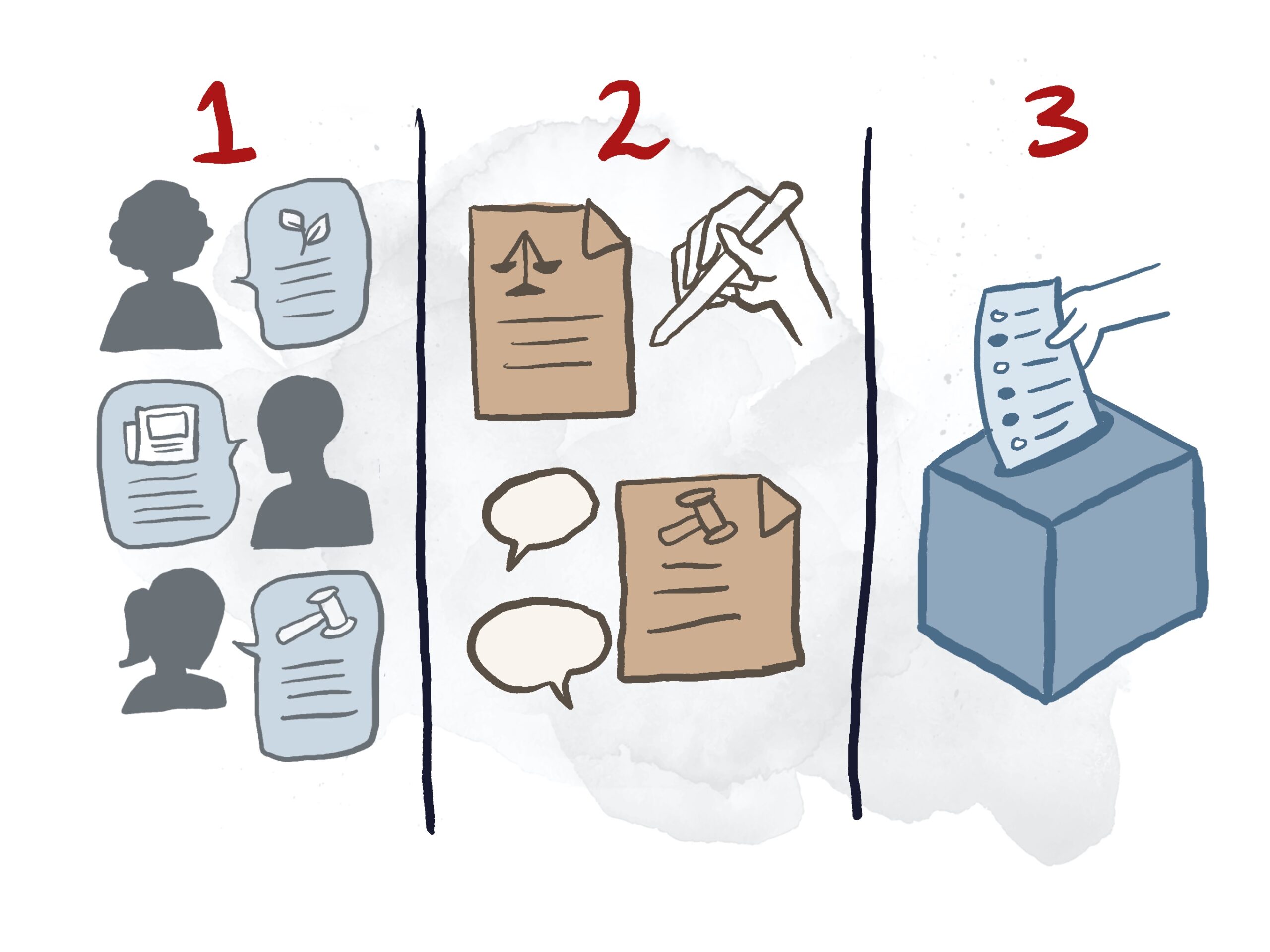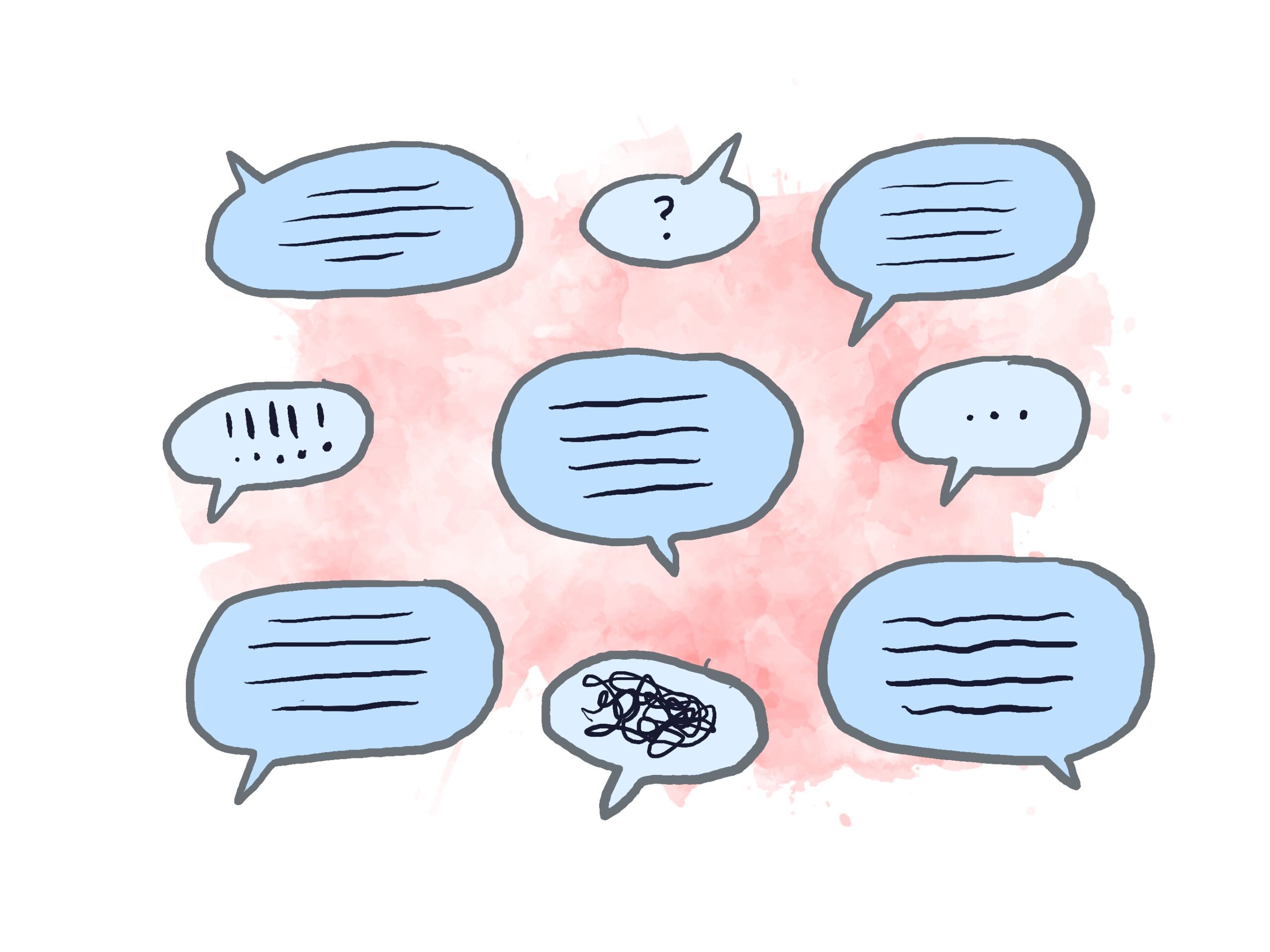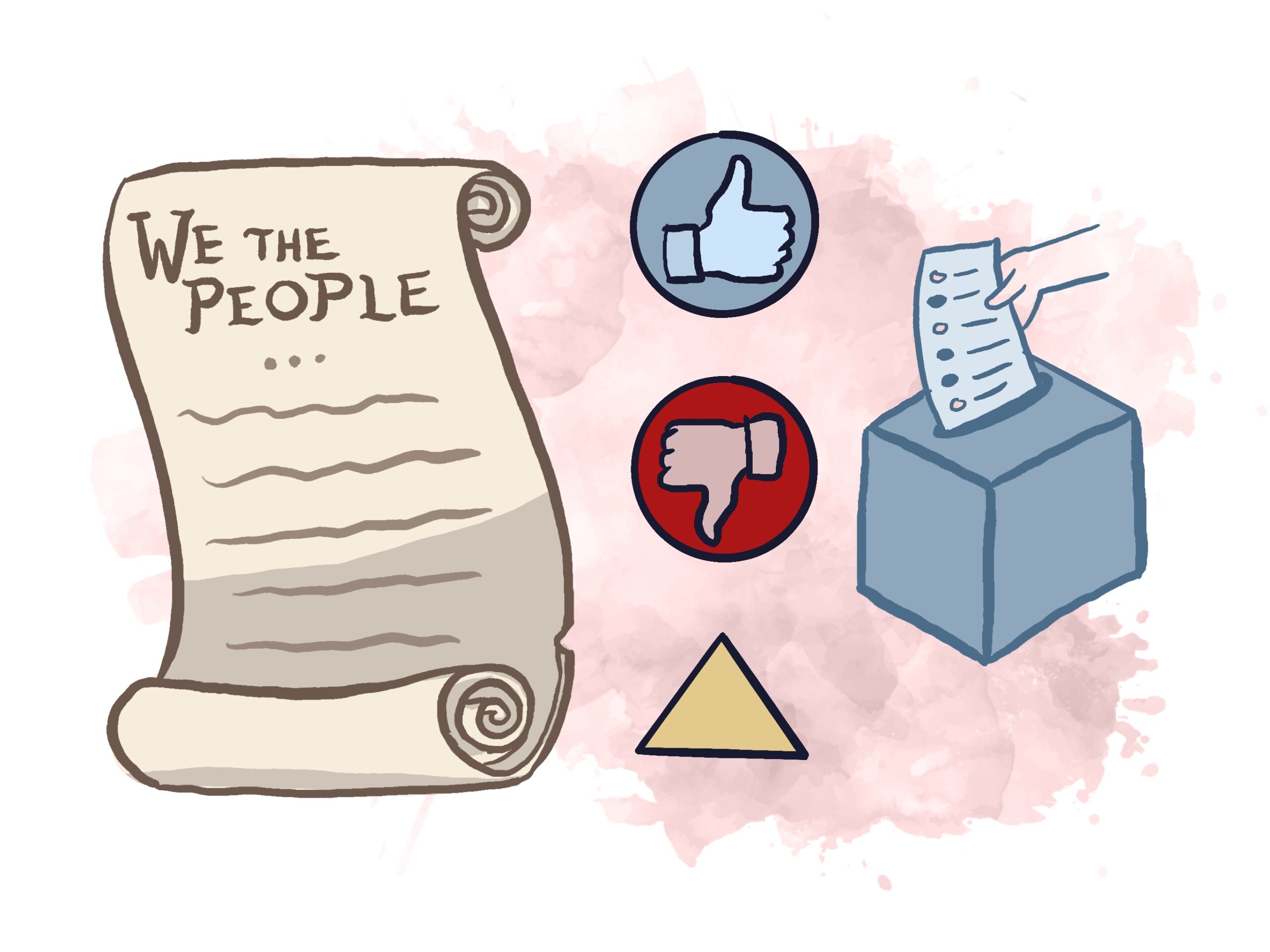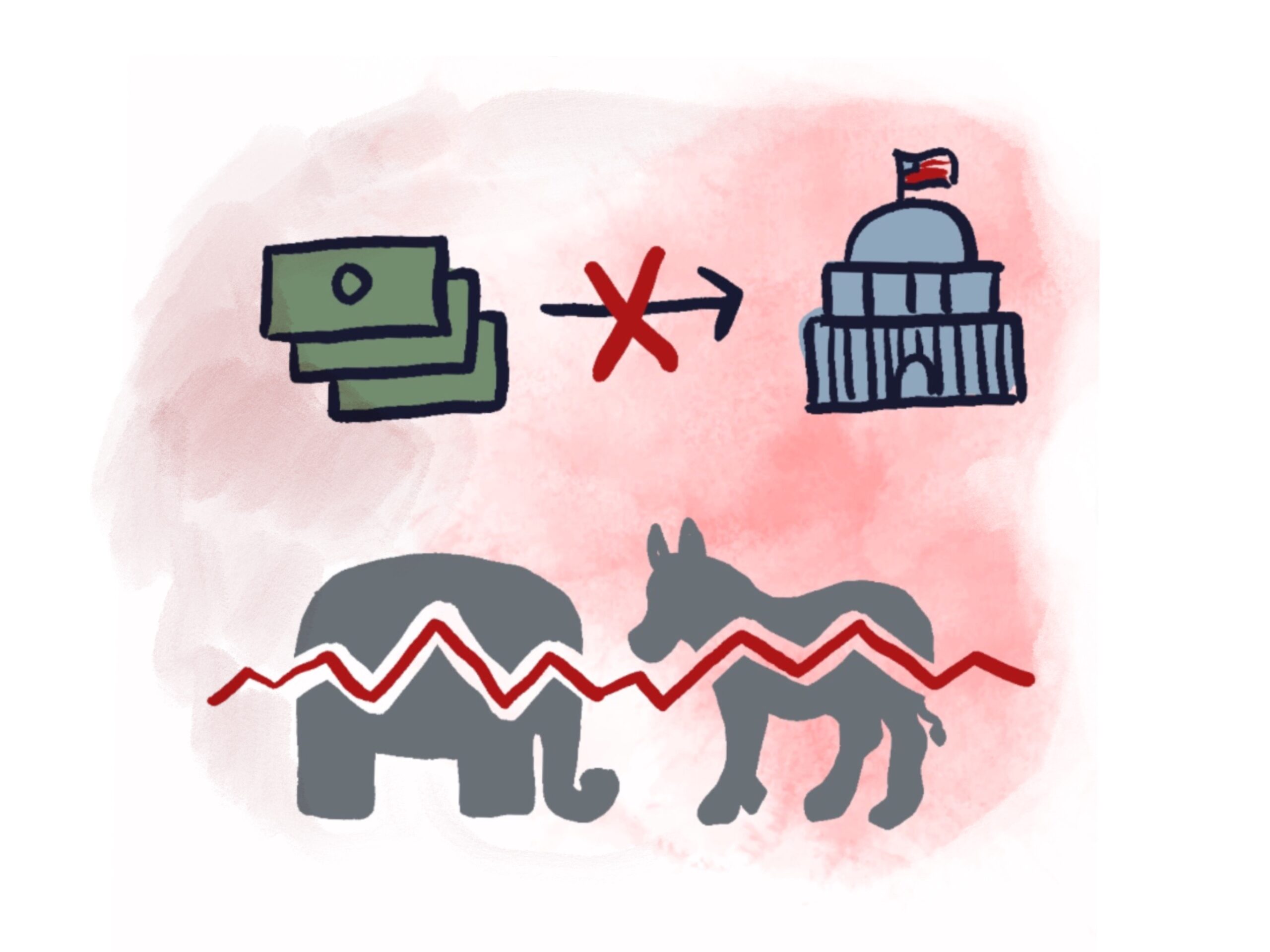By the first hour of your first local convention, you are glad you were heavily trained in participatory budgeting and facilitation. People aren’t used to democratic spaces, so some people came just to argue or expecting to sound off. “If you don’t want a democracy, keep shouting. But a democracy means we talk and listen,” you calmly affirm. You explain there will be three day-long sessions: one to learn from each other, one to make proposals and discuss them, and a third to vote on proposals. The first day goes well.


Even more people arrive for the second session. This day is a tricky, day-long session where people make proposals for how the Constitution needs to be changed along with making affirmations. New people arrive without the context from the first meeting — but others urge them to listen. The process smooths out and a truly democratic thing is happening — people are learning about their laws, debating policy, and making serious proposals.
By the last session, the community is hooked. You listen to a myriad of proposals and then voting happens. The town comes out in droves, almost rivaling some elections in terms of turnout. Like at a science fair, people walk around and hear debates over different proposals. Others join online. On a large electronic board, people can see the results of voting coming in from other towns, too.


Most of the results don’t surprise you. Certain measures pass by large margins: eliminating money from politics, limiting terms for judges and senators, ending secret holds and the filibuster, breaking apart the two-party system, and (surprising to some) creating a pathway to citizenship for undocumented immigrants. Other measures remain hotly debated: anything around gun laws, crime reduction strategies, and other aspects of immigration. Those are saved for future conventions to allow this movement to focus on the most widely shared issues. You feel very satisfied — tired, but pleased.
